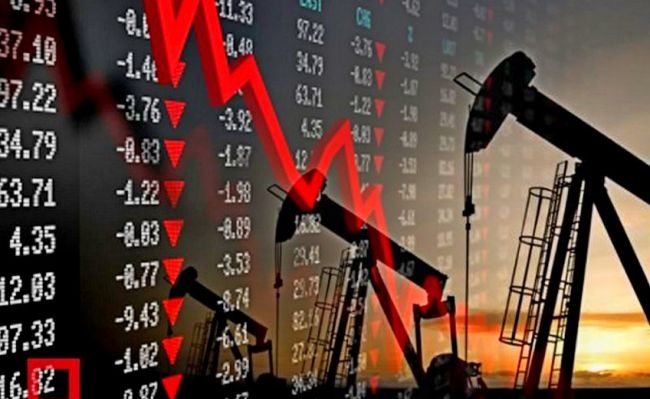Oil prices fall 4.5% after Israeli strike on Iran, which will increase pressure on vegetable oil prices

After Israel's massive attack on Iran's military facilities, oil prices fell sharply, as the bombing did not affect nuclear facilities and oil infrastructure. In another 4 hours, the Russian Federation warned Iran about the attack, but it is known that the Israeli authorities, through intermediaries, informed Iran about which objects would be attacked in order to get people out of there. The Iranian authorities, through intermediaries, conveyed to Israel that they would not respond to this attack.
At the opening of the Asian session on Monday, December Brent crude futures fell 4.5% to $72.7 a barrel, completely losing the last month's 12% speculative gain, driven by expectations of an escalation between Iran and Israel and a possible disruption of oil supplies from the region.
Following oil prices, December palm oil futures rose 8.2% last week to a 2.5-year high of 4,603 ringgit/t, or $1,060/t.
December soybean futures on the Chicago Mercantile Exchange rose 5.7% to $974/t for the week, but were down 2.8% in electronic trading on Monday morning.
As speculative pressures ease, markets will again be driven by actual supply and demand and will experience further reductions in demand from the world's major importers. China continues to actively import cheap soybeans, which lowers soybean oil prices domestically and reduces demand for expensive sunflower oil.
Indian authorities have said that despite the rise in global edible oil prices over the past month, consumers will have to adjust to market rates as the current import duty structure is meant to help the country become self-sufficient. We will remind that in September, after the tariff increase, India reduced the import of vegetable oils by 33%, and in October it remains at a low level.


